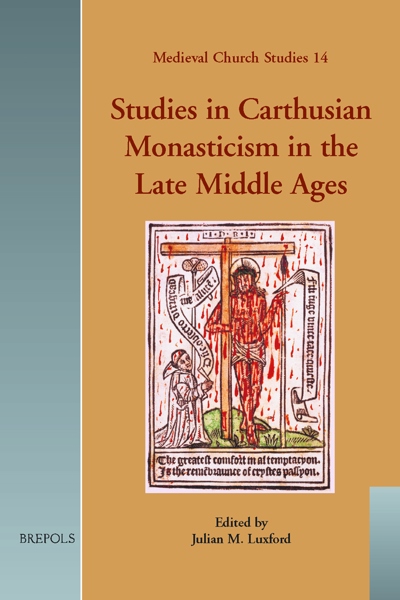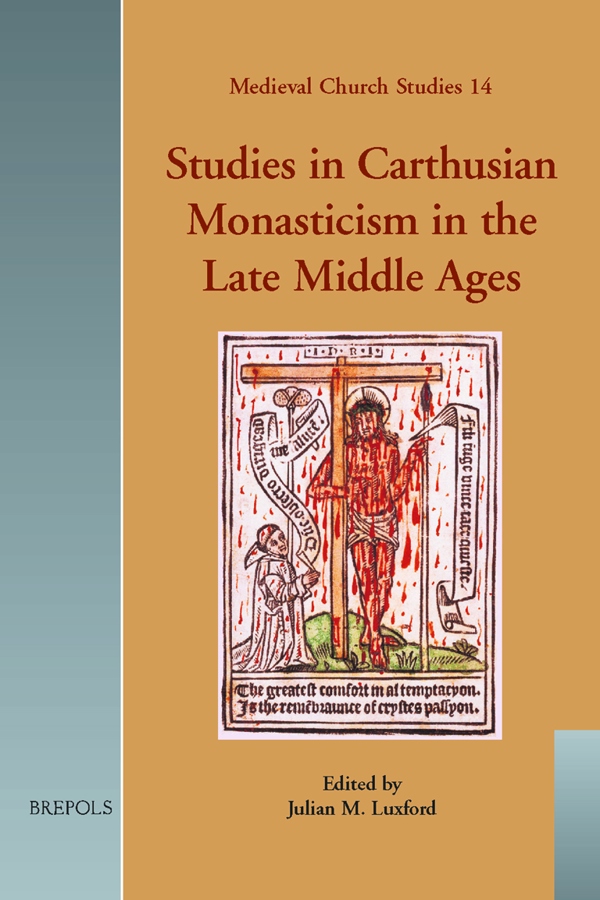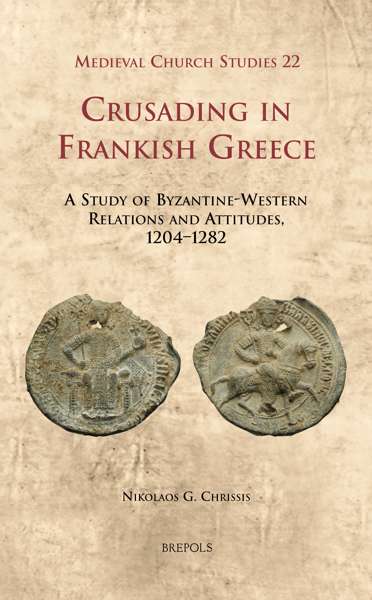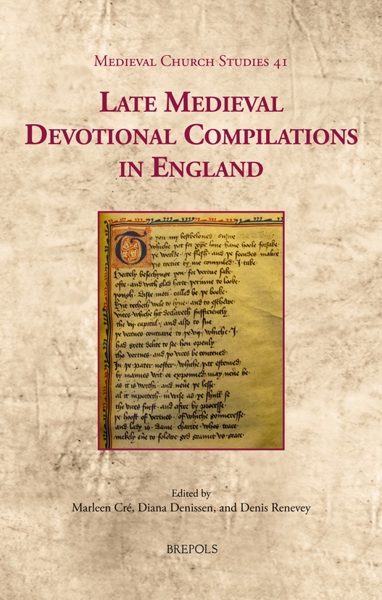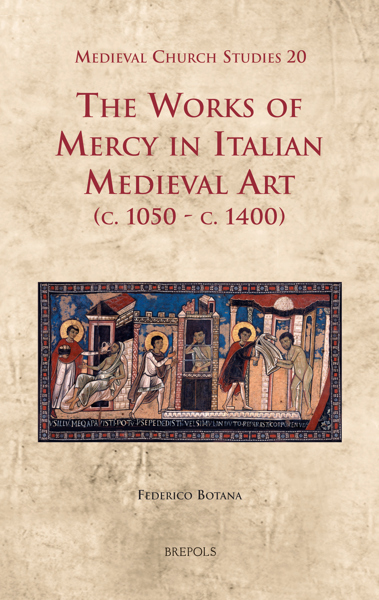
Studies in Carthusian Monasticism in the Late Middle Ages
Julian Luxford (ed)
- Pages: 367 p.
- Size:160 x 240 mm
- Illustrations:45 b/w, 1 tables b/w.
- Language(s):English
- Publication Year:2009
- € 85,00 EXCL. VAT RETAIL PRICE
- ISBN: 978-2-503-51699-8
- Hardback
- Available
- € 85,00 EXCL. VAT RETAIL PRICE
- ISBN: 978-2-503-53810-5
- E-book
- Available
"This is a very well-designed collection, and one which opens up new avenues of research not only for Carthusian specialists, but is also an important voice in the wider debates on late medieval contemplative monasticism and its relationship with the lay world, its influence on contemporary spirituality and the ideas of reform, change and renewal."
(E. Jamroziak, in English Historical Review 519, April 2011, p. 416)
The volume’s approach is multi-disciplinary, involving both senior and younger Carthusian scholars in investigation of the main facets of Carthusian life for which significant data survives. This permits a thorough analysis of the order’s character, one that reflects concern with synoptic understanding of medieval Carthusianism rather than partial assessment through a specifically devotional, literary, or more narrowly historical approach. Subject areas covered include the historical growth of individual Charterhouses, patronage of Carthusians by secular agents, Carthusian architecture and manuscript decoration, devotional practice, and textual culture.
